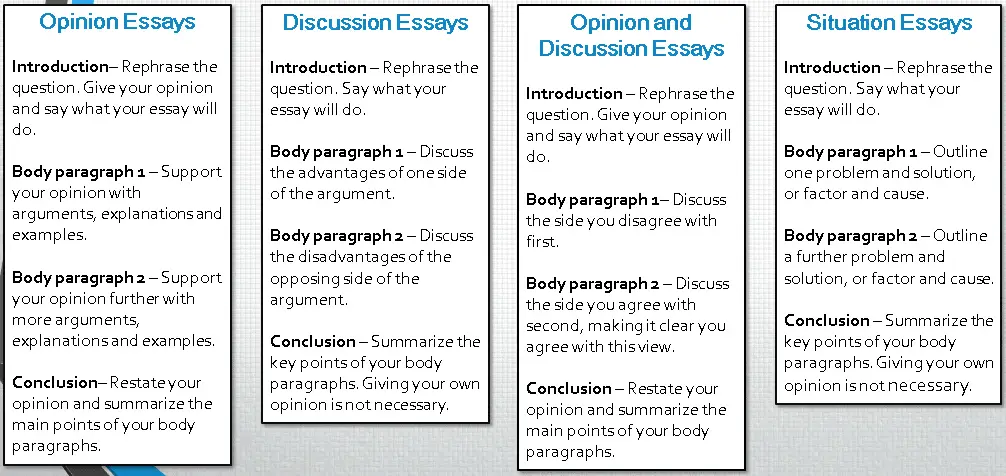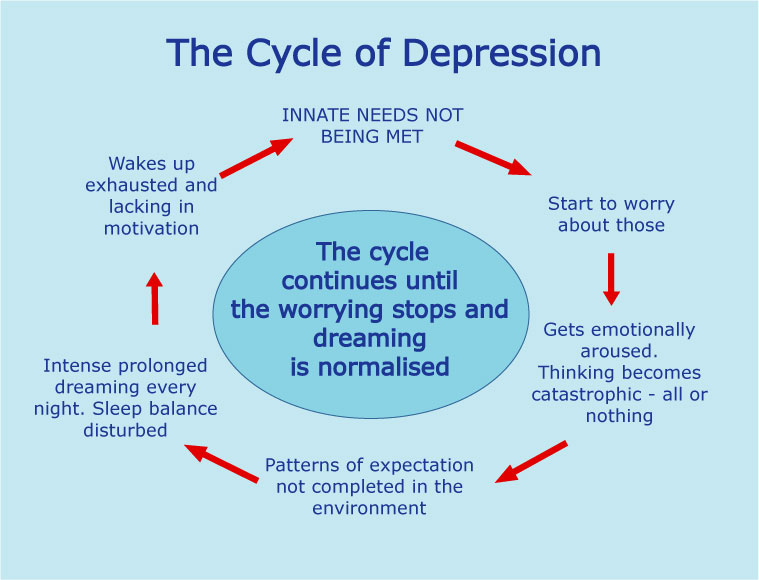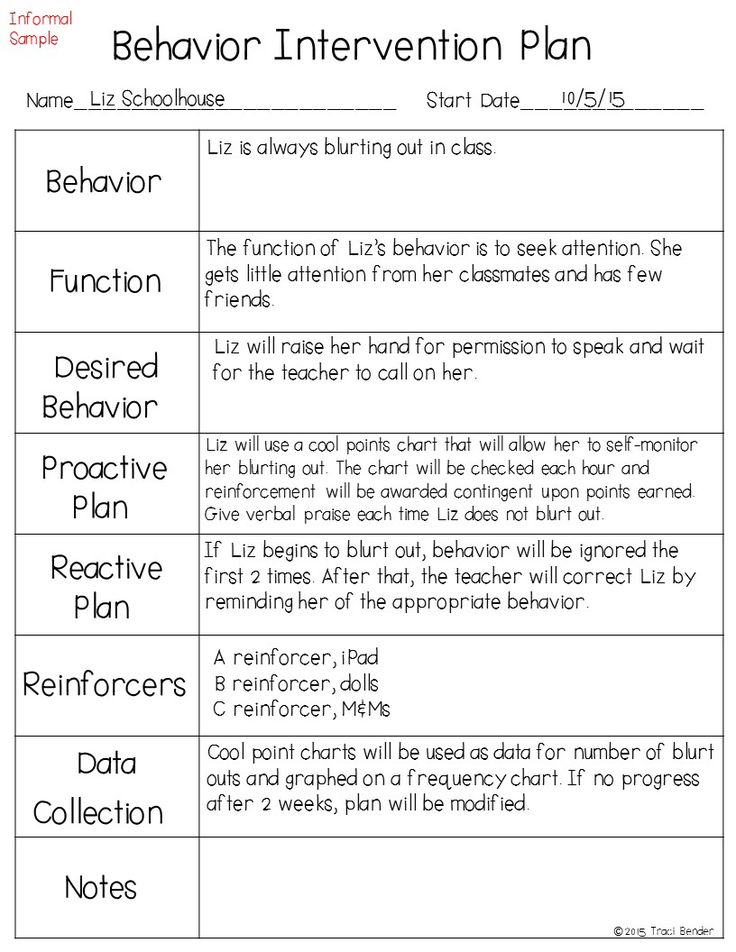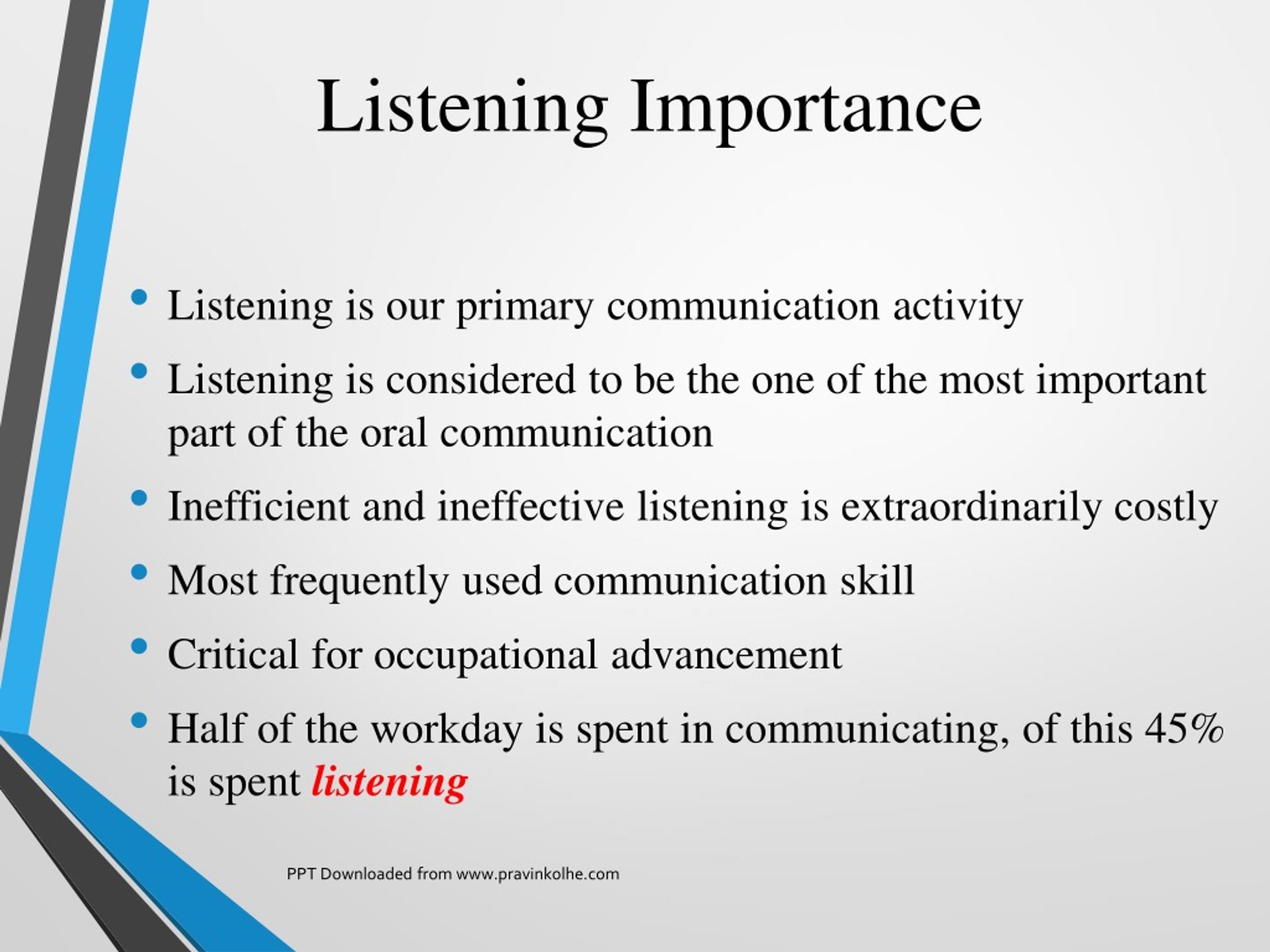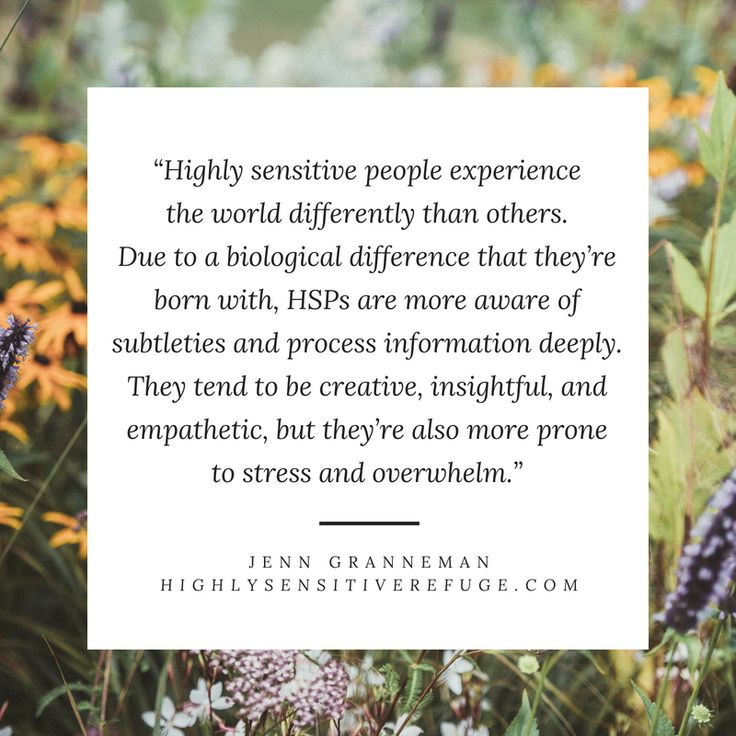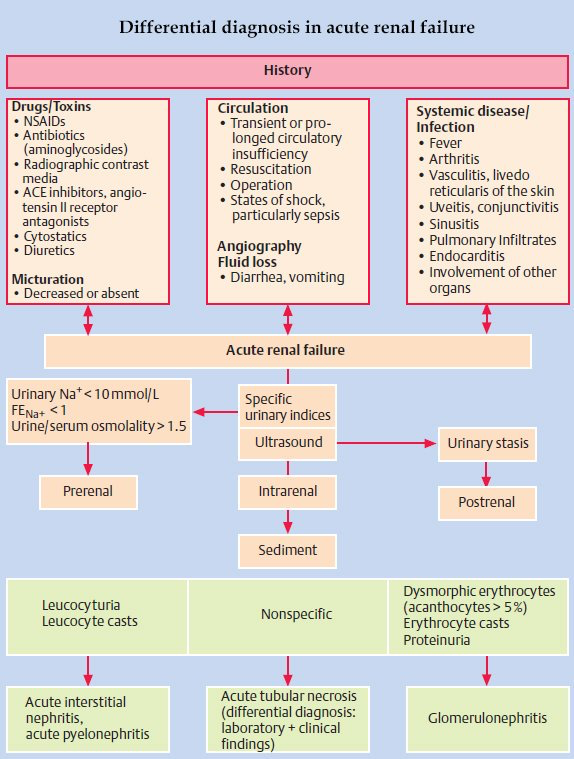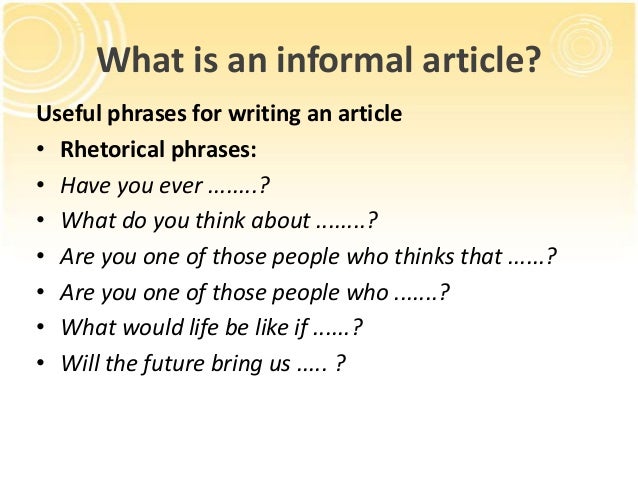How to express frustration in writing
How to Describe Anger In Writing: A Master List for Writers
When I was working on The Phoenix Codex, I sometimes took way too much time thinking about ways to describe anger in writing. If my main character, Cassie, got angry enough, wild animals attacked whoever pissed her off, so she became very aware of how her anger feels.
I know lots of writers also get stuck on how to describe frustration in writing—or annoyance, or flat-out rage. Even when you’re just looking for a few words or a phrase, you can get bogged down. With that in mind, here are ways to write anger descriptions in a more vivid way than “he felt angry.”
Here’s something I can’t stress enough, though. When you’re writing about anger, there are a lot of ways to show the emotion…through what they say, how loudly they say it, what they’re thinking, and their actions (such as aggressively loading the dishwasher.)
My list of ways to describe facial expressions and my list of body language and gestures can both help in showing the emotion.
But once in a while, you want to describe your point of view character’s internal feelings of anger.
Obviously, this isn’t a comprehensive list. There are one hundred phrases here. A few of them hint at physiological reactions to the emotion of anger, and some employ similes. You can adapt them or mix them up a little, and they’ll probably make you think of more.
The ones that contain a verb can be turned into a phrase. For instance, “she was breathless with anger” can be used in a sentence like, “Breathless with anger, she stood up and walked out.’ Oh, and you can probably change some of these to describe hatred or loathing. And as long as the context is clear, you don’t need to name the emotion at all—a physiological reaction is often enough!
Be sure to pin the article to a Pinterest board or bookmark it for future reference!
he smoldered with resentment
rage flowed through her like lava
molten anger rolled through him
rage gripped her
anger poured through her
her temper sparked
anger stirred within her
his fury sprang to life
rage nearly consumed her
raw anger shot through him
rage pulsed through his veins
anger thrummed through her veins
anger flooded his veins
rage quickened her blood
she felt a flash of irritation
he felt a flicker of irritation
his anger spiked
anger rushed through her
anger overpowered her
rage overtook him
fury overcame her
he swallowed down his frustration
she tamped down her irritation
he mastered his anger
he kept his frustration in check
fury roared through her mind
a fresh swell of rage rose in her
anger rose in him like a tide
anger welled up in his chest
fury vibrated through her being
he burned with anger
irritation pricked at him
inwardly, she was seething
he trembled with rage
she shook with fury
he was quivering with anger
her resentment grew inside her like a tumor
his resentment festered in him
anger spread through him
rage filled her
his irritation flared
it roused her anger
it woke her anger
his edge of irritation had returned
fury surged through her
he went cold with fury
she was breathless with anger
he was wordless with rage
he was almost choking on his rage
nearly suffocating on her fury
she was simmering with anger
he was boiling with anger
a wave of fury crashed through her
he was running on sheer anger
her frustration kicked in
fury twisted inside of her
she was a ball of pure anger
she was about to explode with rage
he felt about to burst from rage
she was in a red rage
rage ran red through his brain
he stoked his anger
a vortex of anger swirled inside him
she fought the chaos of her rage
he tried to still his rage
he pressed down his anger
she struggled against her anger
he bit back his anger
anger heated her blood
rage seared through him
anger swept over her
resentment clouded her thoughts
he was blind with rage
she felt a jolt of anger
anger hardened her heart
rage beat at her heart
rage churned inside of him
he felt drunk on his rage
anger ripped through him
anger rippled through her
fury tore through her
inside, he was smoking with anger
his anger was mounting
her anger coiled in her stomach
he felt a stab of anger
she felt the anger building
he could taste blood
her irritation crackled
she was immobilized by fury
he was brimming with hostility
anger settled over her
rage throbbed in her like a heartbeat
rage pounded in him like a drumbeat
flames of anger licked through him
rage seized her
resentment blossomed within her
his anger felt good
she felt a cleansing anger
he felt a sick anger
he marinated in resentment
It actually took me a really long time to think about all of these! 🙂 I hope it’s a helpful list! I’m going to make a few more for other emotions.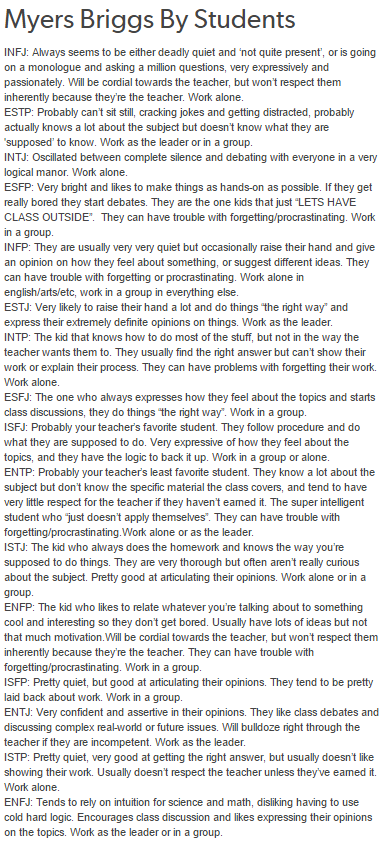 If you don’t want to miss those, be sure to follow the blog, if you aren’t already — there’s a place to sign up on the lefthand side of this website.
If you don’t want to miss those, be sure to follow the blog, if you aren’t already — there’s a place to sign up on the lefthand side of this website.
And in my book Master Lists for Writers , you can find a lot more lists. Take a look!
Thanks for reading, and happy writing!
Related Posts
Like this:
Like Loading...
Tips on Effectively Conveying Character Emotion
All successful novels, no matter what genre, have one thing in common: emotion, writes Bella Puglisi one half of The Bookshelf Muse blogging duo, and co-author of The Emotion Thesaurus: A Writer's Guide to Character Expression.
It lies at the core of every character’s decision, action, and word, all of which drive the story. Without emotion, a character’s personal journey is pointless. Stakes cease to exist. The plot line becomes a dry riverbed of meaningless events that no reader will take time to read. Why? Because above all else, readers pick up a book to have an emotional experience. They read to connect with characters who provide entertainment and whose trials may add meaning to their own life journeys.
They read to connect with characters who provide entertainment and whose trials may add meaning to their own life journeys.
It is easy to see the power of emotion and how it connects a reader to the story and characters. The difficulty comes in writing it well. Each scene must achieve a balance between showing too little feeling and showing too much. Above all, the emotional description needs to be fresh and engaging. This is a tall order for writers who tend to reuse the same emotional indicators over and over.
This is why Angela and I wrote The Emotion Thesaurus. We were tired of our characters always shifting their feet to show nervousness and narrowing their eyes when angry. And when we started talking with other writers, it became clear that many of them also struggled in this area.
Because clichéd and overused emotional descriptions seem to be a near-universal problem in the writing community, I’d like to address it by sharing an excerpt from The Emotion Thesaurus and giving some ideas on how it can be used to clarify your character’s feelings and freshen up your descriptive writing.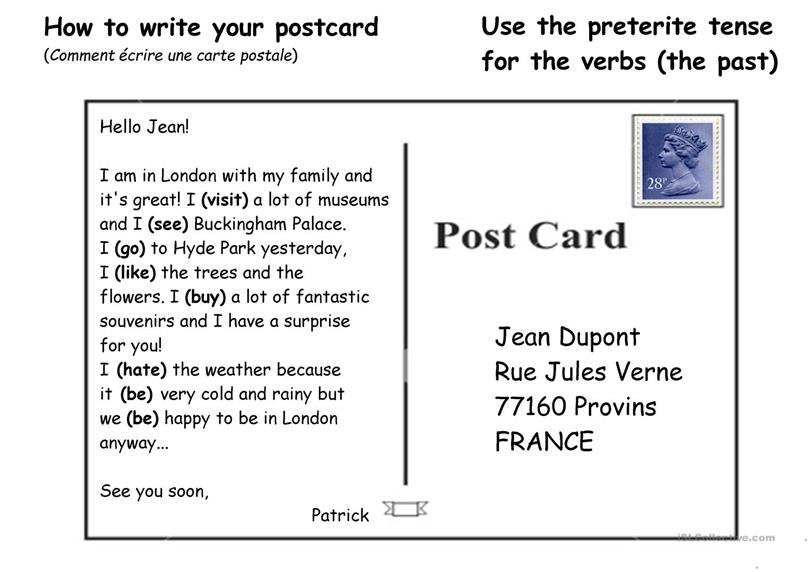
Let’s say you’re working on a scene about sibling rivalry, and you need to express Sam’s frustration over his younger brother’s insistence on paying for lunch. The first draft might go something like this.
I gestured for the bill, felt my face getting hot. “Absolutely not.”
“Too late.” David didn’t even look up. He was already reaching for his money clip.
My hands clenched into fists. He always did this—it’s why I’d made him promise on the phone to let me pay for once. Why did he always have to throw his money in my face? It was so frustrating.
While this passage clearly conveys Sam’s frustration, it’s a clunky read. First off, there’s a lot of telling, which is hardly ever a good idea. Another sign of trouble is when the emotion is named (It was so frustrating) because readers don’t want to be told how Sam feels; they want to feel the frustration along with him. The best way to do this is by giving emotional cues that the reader can relate to.
Unfortunately, the cues used here are fairly weak. The flushed face, the clenching fists—we’ve seen them a million times. To show Sam’s frustration in a way that will really connect with the reader, we need some cues that are fresh and unique to Sam’s character. Enter the The Emotion Thesaurus. Here’s an excerpt from the Frustration entry:
The flushed face, the clenching fists—we’ve seen them a million times. To show Sam’s frustration in a way that will really connect with the reader, we need some cues that are fresh and unique to Sam’s character. Enter the The Emotion Thesaurus. Here’s an excerpt from the Frustration entry:
FRUSTRATION – DEFINITION: vexation caused by unresolved problems or unmet needs; the feeling of being hindered
PHYSICAL SIGNALS:
- Pacing in short spans
- Stiff posture, rigid muscles, a corded neck
- Clenching the jaw
- Speaking through the teeth with forced restraint
- Scratching or rubbing the back of the neck
- An impatient snort or sneer
- Pounding a fist against the tabletop
- Drawing breath and releasing it before speaking
- Splaying hands out wide to stretch, then relaxing them
- Throwing hands up in an “I give up” gesture
- Stalking away from someone, leaving in a huff
- A strained voice
INTERNAL SENSATIONS:
- Throat closing up
- Hardening of the stomach
- Tightness in the chest
MENTAL RESPONSES:
- Self-talking to calm down, to think straight
- A need to ask questions and rehash information
- Reining in one’s emotions before damaging relationships
CUES OF ACUTE OR LONG-TERM FRUSTRATION:
- Using more force than necessary (stomping feet, throwing instead of handing off)
- A display of violence (kicking, grabbing, shaking, or destroying something in release)
- A tantrum (screaming, body flung down on the floor, crying)
MAY ESCALATE TO: Contempt, Anger, Impatience
CUES OF SUPPRESSED FRUSTRATION:
- Gritted teeth
- Swiping at tears, trying to hide them
- Silence or minimal responses
- Briefly closing one’s eyes
Looking at this list, I see some cues that could work, but I want to make them specific to my character. I can imagine Sam rubbing the back of his neck, but that gesture is kind of overused, too. Instead, I’ll have him rub his jaw—a stubbly one, to further emphasize the difference between the two brothers. The fact that Sam tried to arrange all of this beforehand also shows that he’s a thinker and a planner. Under Mental Responses, I see a need to rehash information; it seems fitting that he would argue his point, try to remind his brother of their conversation in an effort to change his mind.
I can imagine Sam rubbing the back of his neck, but that gesture is kind of overused, too. Instead, I’ll have him rub his jaw—a stubbly one, to further emphasize the difference between the two brothers. The fact that Sam tried to arrange all of this beforehand also shows that he’s a thinker and a planner. Under Mental Responses, I see a need to rehash information; it seems fitting that he would argue his point, try to remind his brother of their conversation in an effort to change his mind.
I’m going to replace the weak cues from my first draft with some stronger ones from above—cues that are a little more unique to Sam.
I wiped my mouth and gestured for the bill.“Absolutely not.”
“Too late.” David didn’t even look up. He was already reaching for his money clip.
“Hey, we talked about this. You paid the last three times.” My voice sounded pinched, like it was squeezing through a straw. I cleared my throat. “I know I don’t make as much money as you, but I can cover lunch. ”
”
David slipped a gold card into the envelope and waved the server over. “Not a problem. Don’t make a thing out of it.”
I stared at him. “A thing?”
He nodded—him in his pressed suit with every hair shellacked into place. Like he was the reasonable one and I was overreacting.
Sucking in breath, I scrubbed knuckles over my scratchy, unshaved jaw, then dropped them to the table hard enough to rattle the dishes. This whole thing was a set up. Knowing David, he’d picked the time for lunch on purpose, knowing I’d have to come between shifts. Everything was intentional with him, and he always knew how to put me off my game.
It needs more revision, but this scene’s already a big improvement over the original. Sam’s emotional state is clear, most of the telling has been replaced with showing, and the cues are stronger and say something about both Sam’s and David’s character. The added characterization also serves to increase reader empathy and strengthen the reader-character bond, which is always a good idea.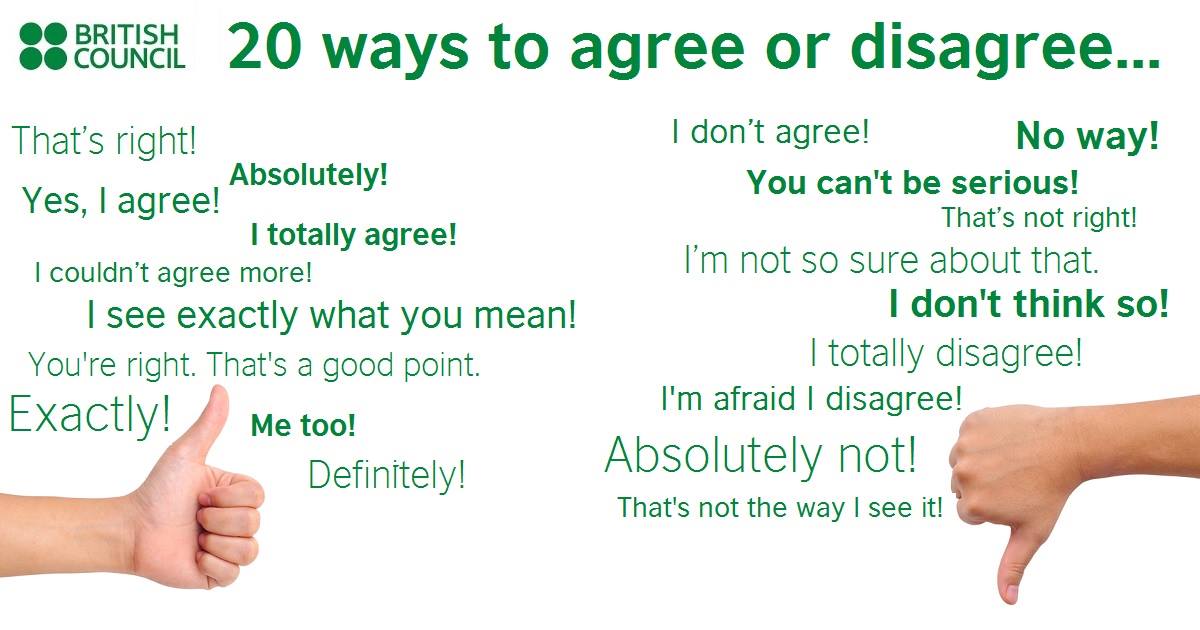
So the next time your scene needs a little more emotional oomph, remember these tips:
1. Whenever possible, show the emotion instead of naming it outright.
2. To show emotion, choose physical, internal, and mental responses for your character that are fresh and not overused.
3. Choose cues that are specific to your character and make sense for him or her.
Thanks so much for hosting me, Orna. Best of luck to all of us!
BIO of Becca Puglisi
Becca Puglisi is one half of The Bookshelf Muse blogging duo, and co-author of The Emotion Thesaurus: A Writer's Guide to Character Expression. Listing the body language, visceral reactions, and thoughts associated with 75 different emotions, this brainstorming guide is a valuable tool for showing, not telling, emotion. The Emotion Thesaurus is available for purchase through Amazon, Barnes & Noble, iTunes, and Smashwords, and the PDF can be purchased directly from her blog.
Emotional concept of disappointment based on the works of O. Huxley
The article is devoted to the study of the emotional concept in general and the emotion of disappointment in particular. Emotions are an integral part of a healthy human life. The difficulty in studying the emotional concept lies in the fact that it is abstract, complex and elusive in language. The purpose of the article is to determine by what means the concept of "disappointment" is formed in O. Huxley's anti-utopian novels.
Emotions are what makes us human.
Robert Kiyosaki
Emotions are a special kind of psychological state of a person, manifested in the form of moods, experiences, feelings and sensations. They, as a rule, are expressed in one form or another and to a certain extent, accompanying almost all mental states and processes. The main role of emotions is the connection of objective reality with the evaluative perception of a person.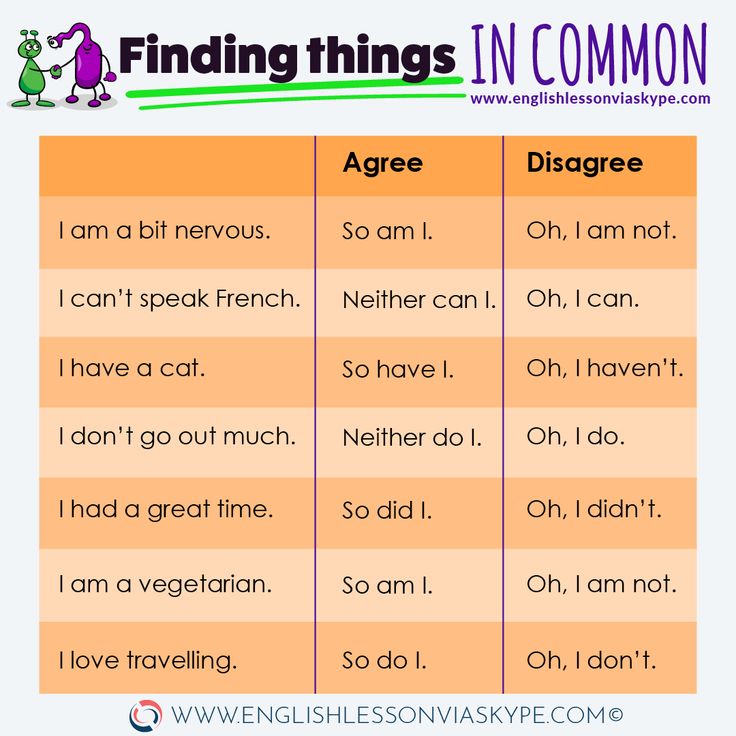
Emotions give a person the opportunity to evaluate everything that happens around and inside him. “The language of emotions” is one of the most important things in our world. Animals that do not own the means of communication can understand what is happening to a person only by reading his emotions. Representatives of different cultures, having different upbringing and worldview, can also understand each other's condition without words. Each of us is endowed with this technique from birth. Even a child in the womb can recognize her emotional state.
There are many emotions, and they are all diverse, but you can still conditionally divide them into three main categories: positive, neutral and negative. Positive emotions include pleasure, delight, joy, etc. Neutral ones are curiosity, amazement, indifference. Emotions such as fear, anger, disappointment, etc. are considered negative. The American psychologist K. Izard singled out basic (fundamental) emotions (joy, surprise, sadness, anger, disgust, contempt, grief-suffering, shame, interest-excitement, guilt , embarrassment) and derivatives or composites. Basic emotions are called elementary emotions, which are no longer split into anything and are themselves components of other derivative emotions [1]. Everyone can feel them, while more complex derivatives are not available to some people. I often call such people callous.
Basic emotions are called elementary emotions, which are no longer split into anything and are themselves components of other derivative emotions [1]. Everyone can feel them, while more complex derivatives are not available to some people. I often call such people callous.
Researchers distinguish another type of emotion - affect. Affect is a strong emotional state during which rational thinking is turned off, and at this moment a person begins to act stereotypically [1]. So, in a state of fear, a person can be immobilized, or he can prepare to run. When he is sad, he usually has the corners of his mouth down and his gait is usually sluggish. In an aggressive state, the body of a person tenses up, as if he were hiding behind him, like a shield, taking up a defensive position.
The expression of emotions is of considerable interest not only for psychologists, but also for researchers in various fields of science, as it is a means of conveying a person's attitude to the world around him.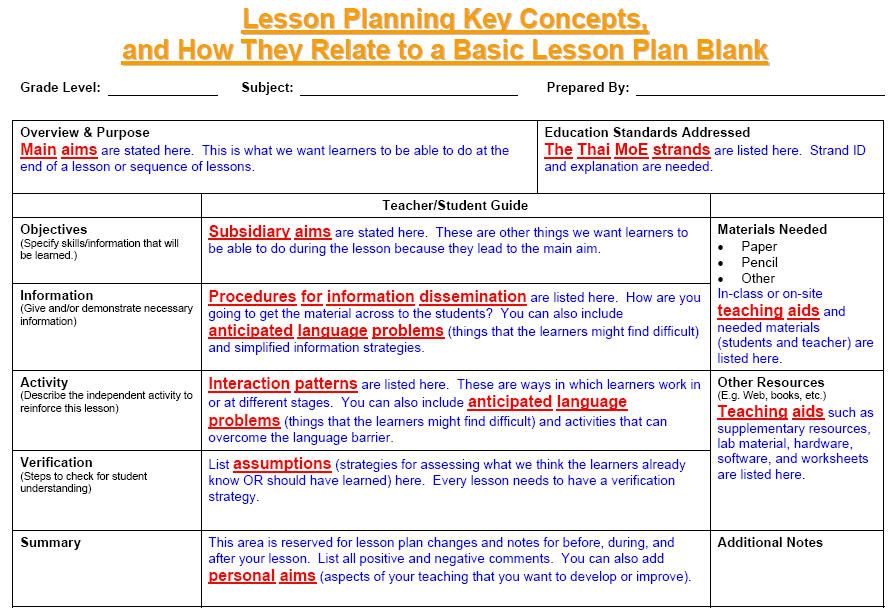 So, for linguists, the transmission of emotions through language units, their reflection in oral and written speech is essential.
So, for linguists, the transmission of emotions through language units, their reflection in oral and written speech is essential.
Emotions are universal , and the typological basis of emotional vocabulary does not match in different languages. Since their display in each language is original, they have a worldwide specificity. Many researchers define emotions as a means of accessing the concepts behind emotion names. These concepts are called emotional, and their core is basic emotions [2,591].
Before exploring the author's expression of the emotional concept of disappointment, it is worth considering the concept of an emotional concept in general and, in particular, disappointment as an emotion.
Emotions, passing through everyday life, reality and the social environment of a particular linguistic culture, become emotional concepts. Their study is one of the most important areas of modern linguistics. The emotional concept is a mental abstract unit that reflects the centuries-old experience of the people in the form of universal and culturally specific ideas about emotional experiences [3,9].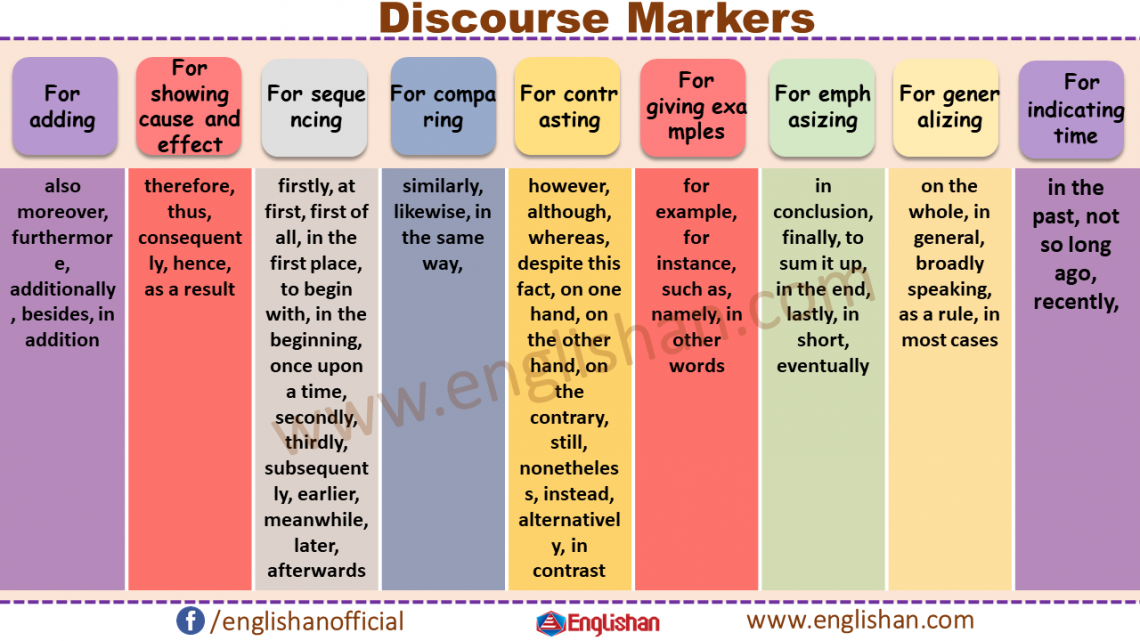
V. I. Shakhovsky believes that “a concept, unlike a concept, has an emotional coloring, that is, all concepts are emotional” [4,14]. N. A. Krasavsky defines the emotional concept as “an ethno-culturally conditioned, complex structural and semantic, mental, as a rule, lexically and / or phraseologically verbalized formation based on a conceptual basis, including, in addition to the concept, an image, a cultural value and functionally replacing a person in in the process of reflection and communication, objects (in the broad sense of the word) of the world that cause a biased attitude of a person towards them” [5, 47].
The emotional concept, as a rule, is abstract, complex and elusive in language, which is the difficulty of studying it. Such properties are not accidental. It's no secret that sometimes it is very difficult to describe emotions in words. However, the ability of a person to emotionally respond to the objects of the surrounding reality is his natural property, which does not depend on his linguistic affiliation and culture [5,58].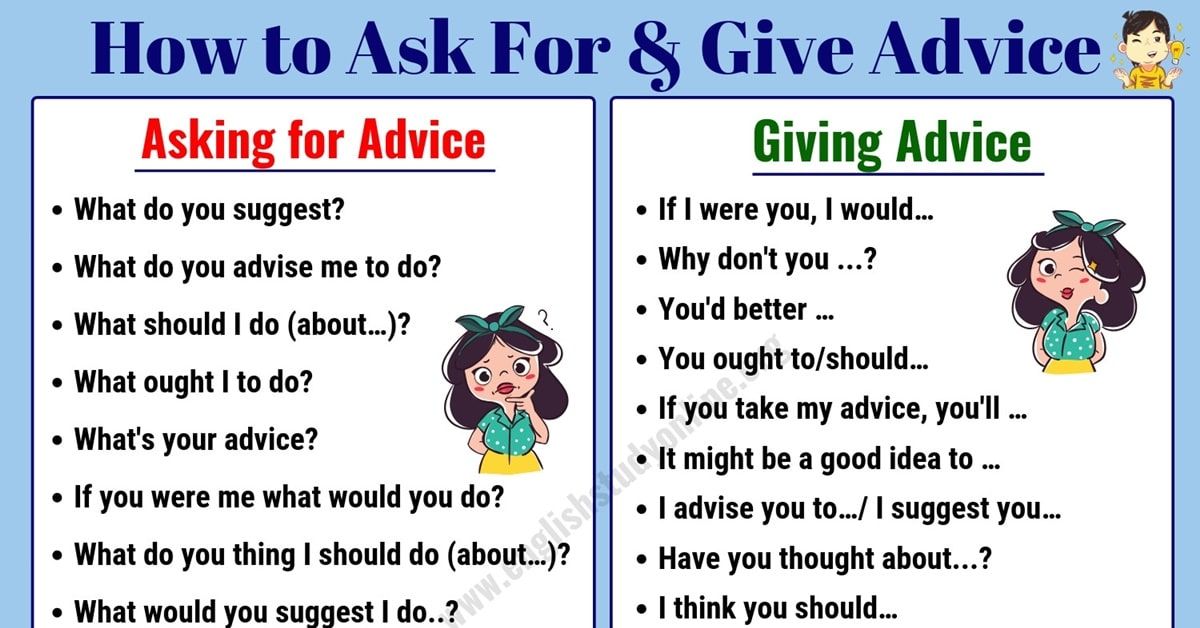
In a number of studies on the problems of emotivity and conceptology, which were studied by such scientists and linguists as Yu. D. Apresyan, S. V. Ionova, Yu. S. Stepanov, V. I. Shakhovsky, J. Aitchison and others, emotional concepts are distinguished , the center of which are basic emotions that create their own subject areas, uniting things, words, images, associations, etc. in a general view. They form the emotional structure of the text, which carries certain emotional information. This includes the names of emotions and all the attributes that represent this emotional concept.
In our article, we consider the actualization of the emotional concept in the English language, namely, the emotion "disappointment", its description by the linguistic means of the English language and its functioning in a literary text.
Frustration is a derivative emotion that originates from basic emotions such as anger and sadness. Disappointment is a feeling that accompanies the loss of value ideas, the loss of faith in what previously constituted the meaning of existence. Disappointment is the dissatisfaction that appears if the expected or promised event does not come true [6,327]. However, before disappointment sets in, there is a process of charm.
Disappointment is the dissatisfaction that appears if the expected or promised event does not come true [6,327]. However, before disappointment sets in, there is a process of charm.
As a rule, we can encounter this in some works of art. The hero is fascinated by something or someone, builds illusions about this, expects something good that must happen. And suddenly, at some point, the realization comes that all this will not happen, and in fact everything is different. That's when the moment of disappointment comes.
When analyzing the concept, the most important fact is that it stands out both in the collective and in the individual consciousness. Exploring the ways of presenting the concept in artistic discourse, we proceed from the fact that “the creative personality of the writer remains the organizing center of a work of fiction” [7,122]. The author sets the tone for the work through the emotions of the characters.
As material for the study, we use the works of the American writer Aldous Huxley, the author of the famous dystopian novel Brave New World. His novels deal with the loss of humanity by society in the process of technological development. Huxley once looked deep into the future, predicting the possible problems of our time. We, as people living in the time described by O. Huxley in his Brave New World, can observe these problems every day and are often unable to avoid disappointment in this new time with all its technologies and breakthroughs in various fields of science.
His novels deal with the loss of humanity by society in the process of technological development. Huxley once looked deep into the future, predicting the possible problems of our time. We, as people living in the time described by O. Huxley in his Brave New World, can observe these problems every day and are often unable to avoid disappointment in this new time with all its technologies and breakthroughs in various fields of science.
Touching directly on the emotional side of the work, it is worth noting that its meaning-forming component is emotion. Huxley's dominant emotions are anger, indignation, indignation and, as a result, disappointment. The latter is characteristic of all anti-utopias, since the genre originates from utopia, which describes an ideal world and an ideal state. However, a person by nature is very often dissatisfied with something, and here a dystopia is formed, at the junction of alienation from generally accepted rules and disappointment in the world around.
In his novel, the author tells about manipulating a person with the help of pleasure. But as soon as the hero erases the veil of deceit, he realizes that something on which he was brought up is nonsense. However, no one but him understands this.
In O. Huxley, one can single out a certain structure for expressing the emotion of disappointment. The "ideal" society with its artificially created equality, united by one life ideology, is opposed to a society that deviates from certain norms. The latter includes thinking people who come into conflict with the world, unable to adapt to life, not feeling unity with others. They have other needs, they ask questions, they go against the system.
Thus, dystopias represent a confrontation between two answers to the eternal question “does a good end justify any means?”. Some are ready to give up stability in favor of freedom, art, individuality, and faith. Others are ready to accept "white lies" for the sake of an ideal world.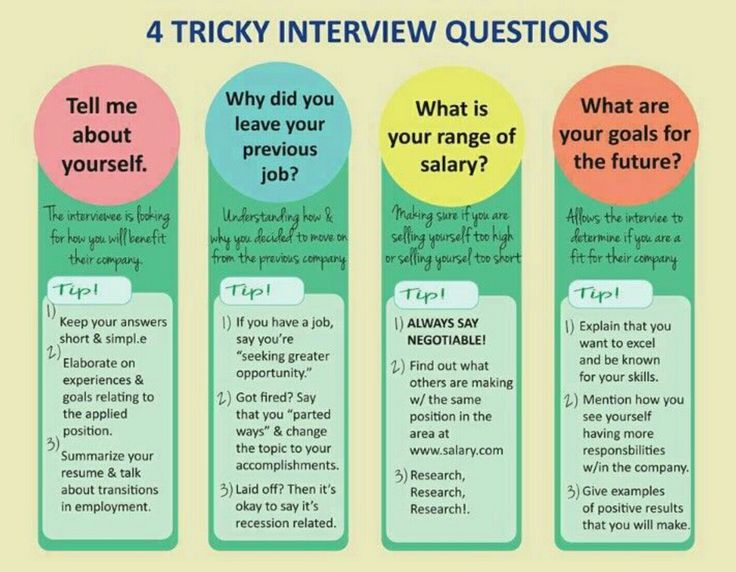 One can easily understand the opinions of reasonable people. Just at this peak, a person falls into despondency after disappointment in what everything was based on.
One can easily understand the opinions of reasonable people. Just at this peak, a person falls into despondency after disappointment in what everything was based on.
We single out the main ways of linguistic representation of the emotional concept of disappointment in the works of O. Huxley:
1) with the help of words that nominate various human emotions;
2) with the help of words describing the non-verbal manifestation of emotions;
3) with the help of emotive language means [9].
The first way is that any emotion can be conveyed by various verbal units. For this, various linguistic means are used, such as separate lexemes and various set phrases (“He refused, preferring his anger; The Savage added, with sudden contemptuous resentment; You're driving me crazy; “Oh, God, God, God.” the Savage kept repeating to himself. In the chaos of grief and remorse that filled his mind it was the one articulate word. “God!” he whispered it aloud.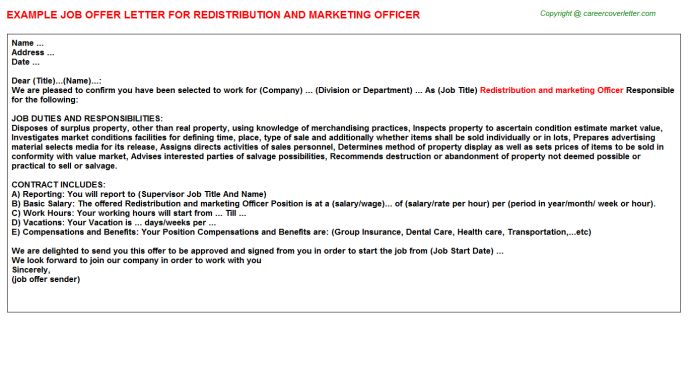 ”) [10,128]
”) [10,128]
The second method is associated with the use of words that describe the non-verbal manifestation of emotions. As you know, a person's emotion is the result of the action of some stimulus, the evoked reaction can manifest itself uncontrollably through the reaction of the body or in desires. This may lead to already controlled motor or speech activity. Disappointment can also manifest itself in lowering or raising the voice [9] (“Lenina's involuntary grimace of disgust; The mere suggestion Lenin madea shudder; He said speaking with averted face; He brought out almost desperately; Clasping his hands in a kind of agony”) [10.87]
The third way, in our opinion, is the use of words that describe the emotions that a person experiences without naming them. Such means are called emotive. A person during a conversation tries to express his emotional attitude through emotives, and not directly through the names of those emotions that he feels. (“a ferocious stranger's, pale, distorted, twitching with some insane, inexplicable fury; The Savage retreated in terror, flapping his hands at her as though he were trying to scare away some intruding and dangerous animal; He felt the hot tears welling up behind his eyelids as he recalled the words and Linda's voice as she repeated them. ”) [10,105]
”) [10,105]
Thus, by analyzing the emotional component of the novel, we found out that the concept of disappointment is presented in it by means of words that nominate various human emotions, descriptions of the non-verbal manifestation of emotions, and also with the help of emotive linguistic means.
Literature:
- Aksyonova V.N. Human emotions //http://psihomed.com/emotsii-cheloveka/
- Malysheva N. A. Emotional concept: concept and characteristics//https://repetitora.com/emotionalnyj-koncept-ponyatie-i-harakteristika
- Luk A. N. Emotions and feelings. - M.: Knowledge, 1982. -176 p.
- Shakhovsky V.I. Emotions and their conceptualization in various linguocultural concepts // International Journal of Slavists: Russian Studies: Sat. scientific works. - Kyiv, 2001. - Issue. 1. -S. 13–19.
- Krasavsky N. D. Emotional concepts in German and Russian linguistic cultures. – Volgograd: Change, 2001.
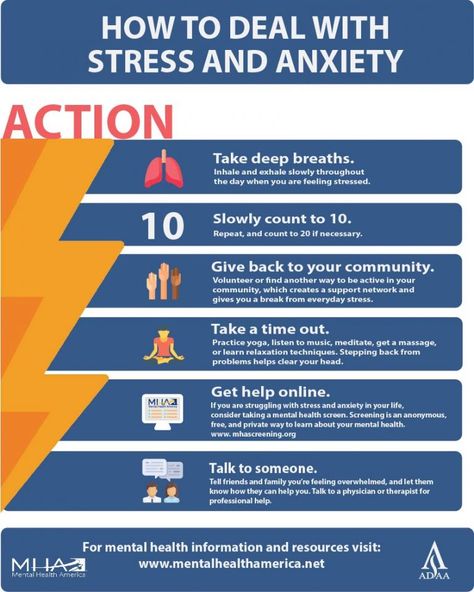 –495 p.
–495 p. - Vezhbitskaya A. Language. Culture. Cognition. - M., 1997. - 410 p.
- Babenko L. G., Kazarin O. V. Linguistic analysis of a literary text. — M.: Nauka, 2005. — S. 122–123
- Ezhova N.F. Ways of linguistic representation of emotional concepts. - Bulletin of the VSU, 2003. - No. 2. - P. 10-21
- Burdun N. V., Blinova M. P. Features of dystopia O. Huxleave in the novel “Brave New World” //http://sibac.info/archive/guman/7(34).pdf
- Huxley O.L., Brave New World. — Harper Collins, 2004.
Basic terms (automatically generated) : emotional concept, emotion, disappointment, medium, English, ideal world, use of words, non-verbal expression of emotions, helping words, emotional concept of disappointment.
13 ways to express your disappointment and annoyance in English
Image found at successpraxis.com
We don't always have a good mood, and even more so, we don't always get everything the way we want or plan, really ? We have already learned to express the state of sadness or joy in previous articles.
And today I propose to learn how to express your disappointment and irritation in English in 13 ways.
Ready? Let's get started!
13 ways to complain in English
1. I can't stand…
This phrase is followed in English by a noun or a gerund. And it translates as "not to endure, not to like, to be unable to endure something or someone." For example: I can't stand losing because I'm very competitive.
2. I can’t bear…
Similar to the previous expression, this phrase is followed by a noun or a gerund. Translation: do not endure, there is no strength to endure something. For example: I can't bear English weather. It depresses me.
3. I can't put up with…
Again we put a noun or gerund after this phrase. This is important, because in subsequent expressions there will be a slightly different sentence structure. For example: I can't put up with him. He's really annoying!
Article in the topic:
20 English phrases for approval and motivation
4.
 …annoys me
…annoys me Instead of three dots, you need to substitute something that annoys or infuriates you. For example: That kind of thing really annoys me.
5. …bugs me
When something bothers or annoys you, use this expression. For example: Waiting for public transport bugs me.
6. …gets on my nerves
For example, the sound of an alarm clock irritates you terribly, gets on your nerves. Say: The sound of my alarm clock gets on my nerves.
7. …pisses me off
This English phrase is slang, that is, informal. Meaning: to annoy, to annoy. For example: People who lie all the time piss me off.
Article in the topic:
Student's Talk: 10 funny English expressions
8. I can't stand it when… which makes you very angry and upset. Short example:
I can't stand it when people don't tell the truth.9. I can't bear it when…
Another way to complain, similar to the previous one, after the three dots comes a sentence.